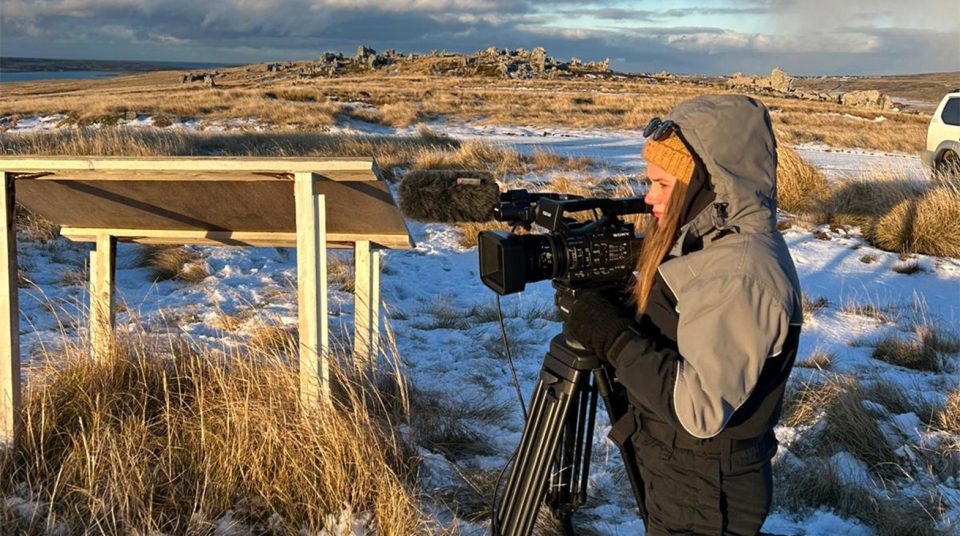
A Professional
- Name: Hannah Newton
- Job role: Station Manager, Falkland Islands Television Ltd (FITV)
- Age: 32
- Nationality: British
- Moved: Surrey, UK (March 2018)
Name: Toni Trevizan
Job role: Fisheries Observer Manager at Falkland Islands
Age: 44
Nationality: Croatian
Moved: First arrived in 2018, returned to Croatia briefly, and then relocated back to the Falklands in 2020.
“When I first left after my initial contract, I noticed how noisy and stressful the outside world felt. Here, it’s calm. You don’t realise how peaceful it is until you’re gone. People who’ve been here a while might take it for granted, but when you return, you feel it right away. That peace is the real luxury.”
– Toni Trevizan
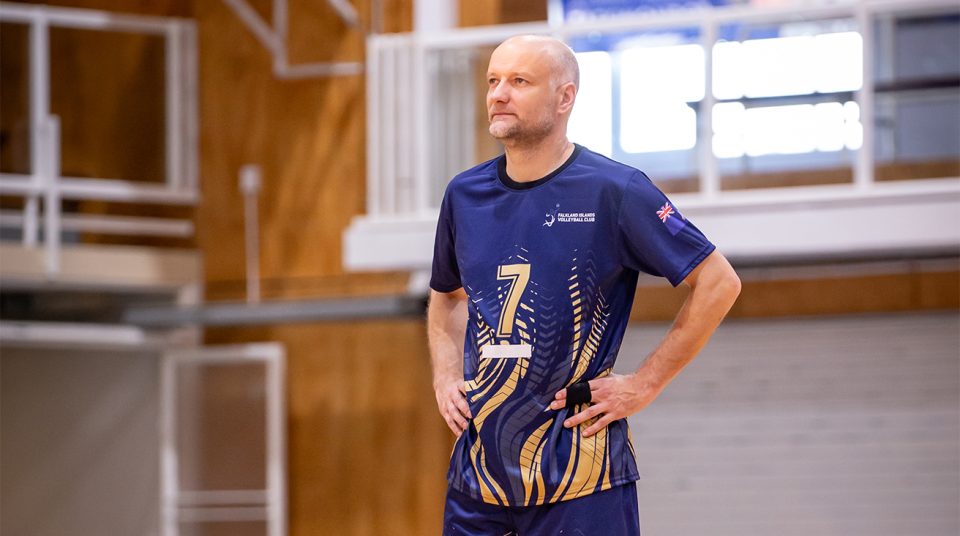
What is your current job title?
I’m a Fisheries Observer Manager.
Was that your first role in the Falklands?
No, I first arrived as a Scientific Fisheries Observer. Later, I got an offer from WWF in Croatia and left for a year and a half. But I always had the option to return. In 2020, when the UK reopened its borders, I came back and was offered the role of Observer Coordinator, which eventually evolved into my current position.
How did you first come across the opportunity to move to the Falkland Islands?
I was consulting for several fisheries companies, including one in London. I’ve always wanted to live somewhere cold, remote, and dependent on fisheries; Norway or Iceland were the initial ideas. A friend saw the Falklands job and said: “This is exactly what you’ve been talking about.” The economy here is fisheries-driven, and Antarctica is nearby.
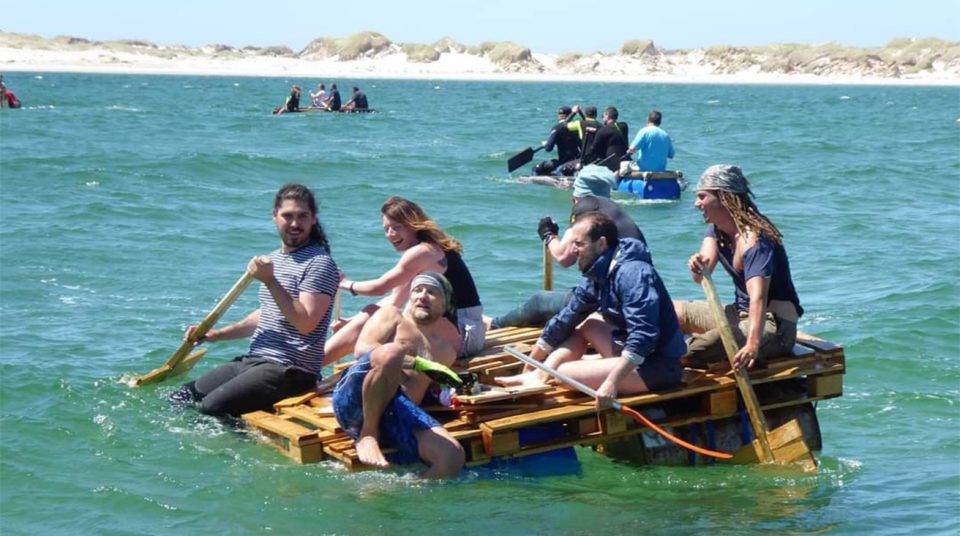
Did any of your friends follow you to the Falklands?
Yes, a friend who studied fisheries with me is now head of stock assessment here. A couple of other observer friends also applied and got jobs.
How has your career developed since moving?
Although I came from a higher position, where I was dealing with big projects in the EU, I have taken on new responsibilities and moved into a managerial role, but there are obviously limits. For someone starting out, it’s a great place to build a career and gain real-world experience. For mid- or late-career professionals, the growth is more lateral, but the quality-of-life balances that out.
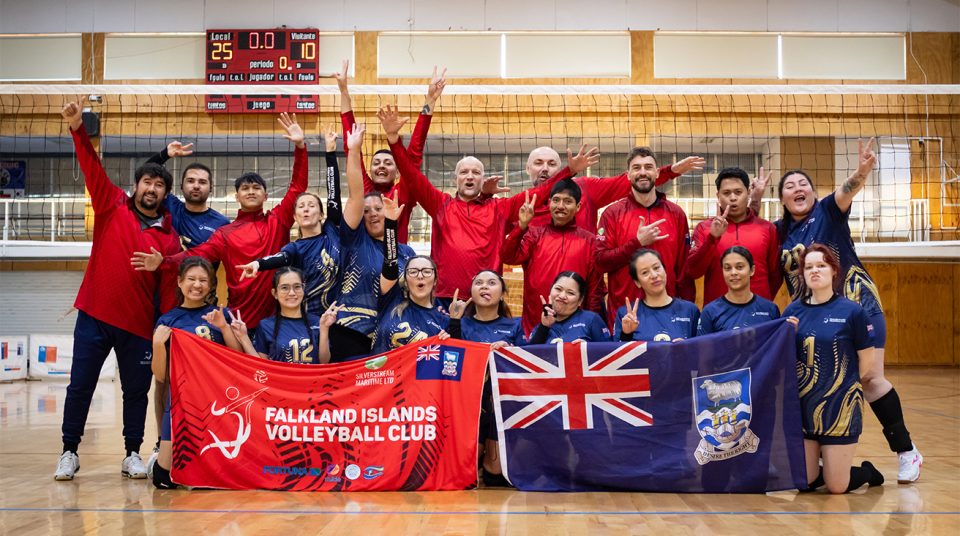
What kind of activities have you been involved in?
I’m quite active. I used to play sports three or four times a week, primarily basketball and volleyball. I have played both basketball and volleyball with the national teams. I had to cut back on basketball a bit due to injuries (and age, haha), but I still play volleyball with the national team and had the opportunity to travel for competitions. Recently, we competed in Chile for the first time in the history of the Falkland Islands volleyball!
The sports community is very active. You end up seeing the same people across different activities, which helps you settle in. There’s always something going on – weekday games, weekend hikes, brunches, or dinners. For me, sport has been more than exercise – it’s a way of connecting with the community.
I’ve heard there’s something special about lunchtime on the islands.
Oh yes, from 12 to 1, everything stops. It’s like a national pause button. It’s a proper break in the day. You can recharge and then carry on again. It’s great and very different from most places.
Are there any cafés or restaurants you recommend?
I like the Rose café, it’s a bit off the tourist trail and quieter in the summer. I go every Saturday morning to relax and read, but the truth is, I never get too far in the book because someone always joins me, and we start chatting.
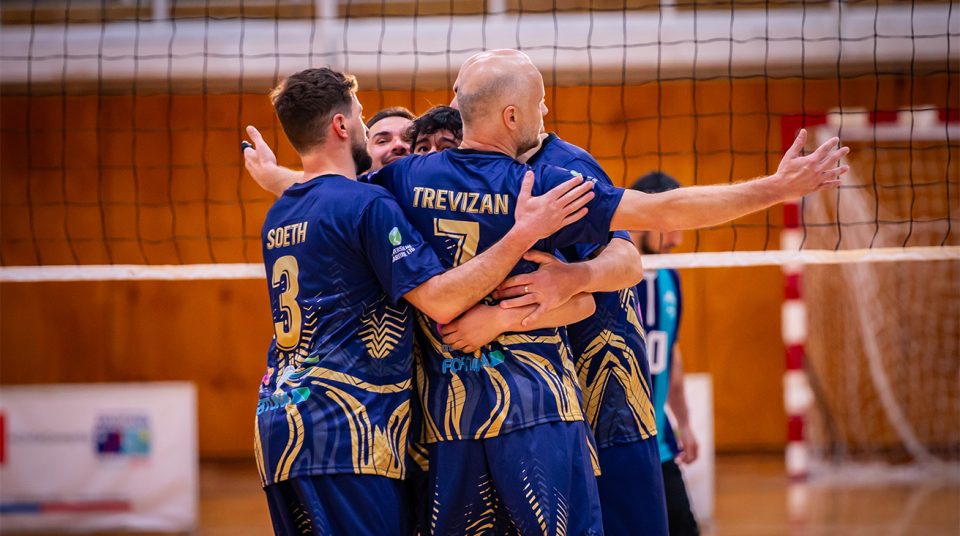
Do you still feel happy with your decision to move?
Definitely. There are challenges, like how far it is from everything – travel is expensive and tiring. I’ve got a work trip to Iceland and plan to stay in Europe after, just to avoid the back-and-forth. It’s a trade-off, but still worth it. I feel relaxed here – the brain relaxes in a way you only notice once you leave.
Do you see yourself staying long-term?
I’d love to, but after six years, you lose access to government housing. That’s a big factor, if I can’t find affordable housing. Salaries in Europe are already higher, so without the housing subsidy, the gap becomes hard to ignore. In retirement, I might need specialised healthcare or to be closer to family. But ideally, I’d like to stay another 4–6 years. I’m happy here.
What’s the highlight of life in the Falklands for you?
It’s the small things. Things get sorted. People trust each other. If you forget your phone at the café, someone will turn it in or post it on Facebook. It’s a rare kind of community. When I left after my first contract, I immediately noticed the noise and stress of the outside world. Here, it’s quiet. People who’ve been here a while might forget, but once you return, you feel it. That peace is the real luxury.

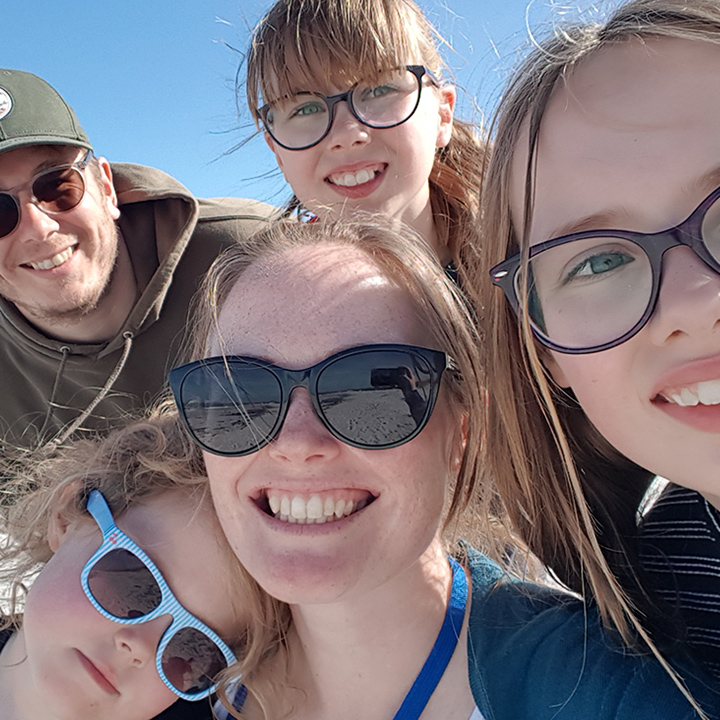
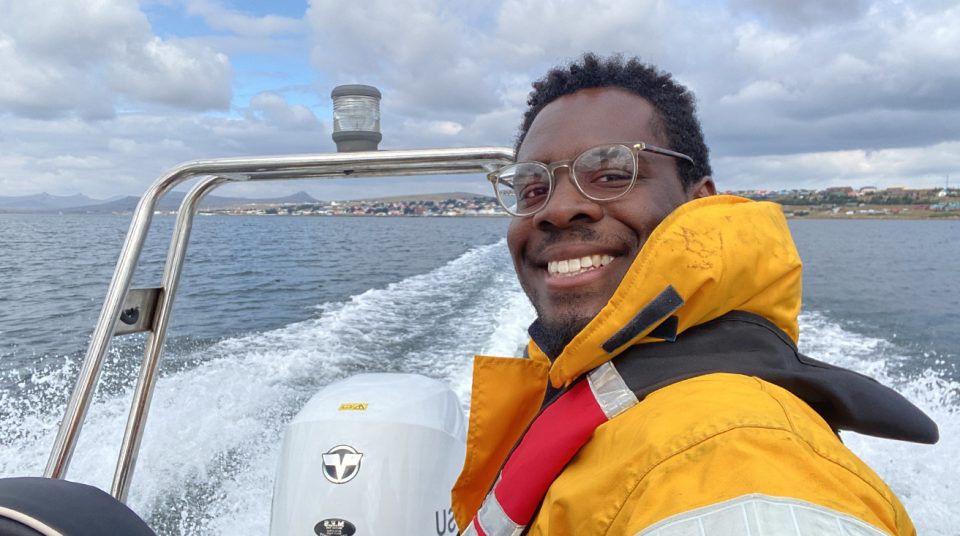
Images supplied by Toni Trevizan